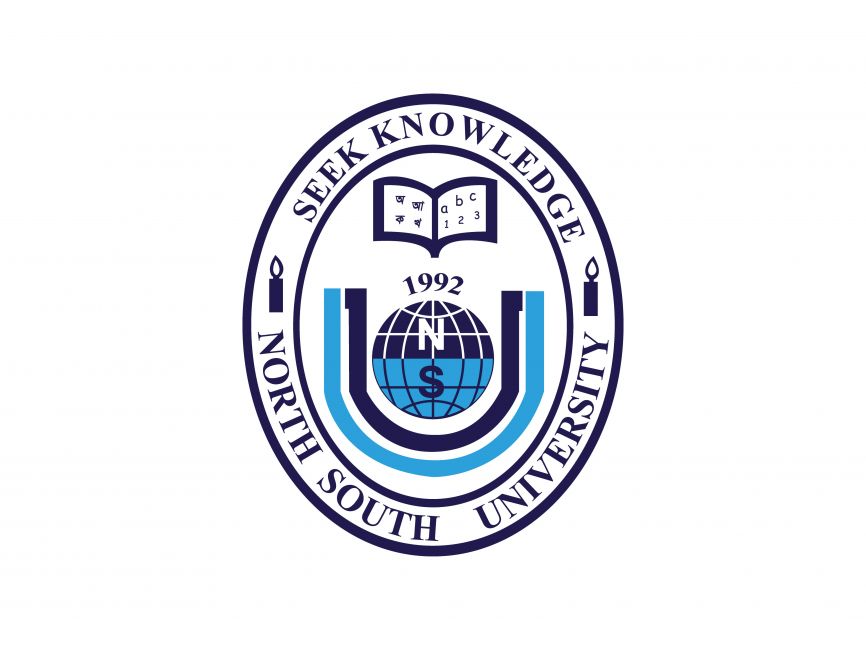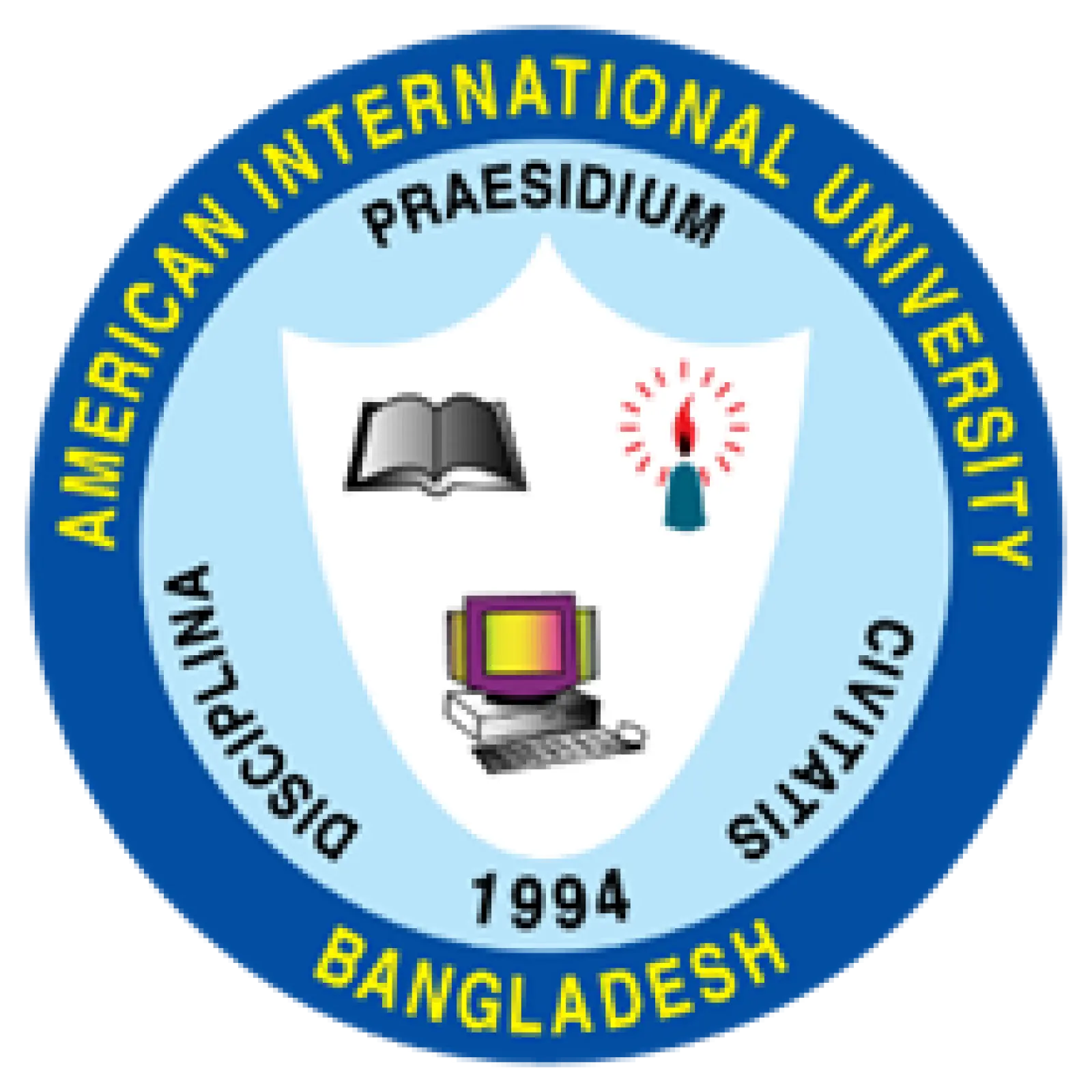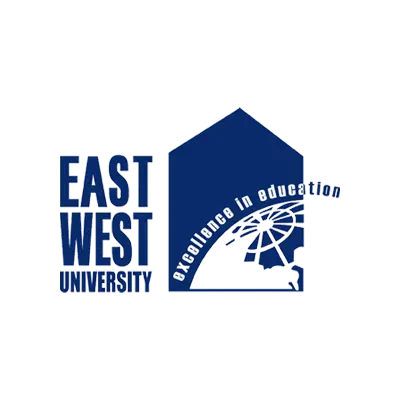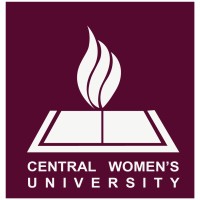
Presidency University
Courses 0
Establish Year 2003


Courses 0
Establish Year 2003
Presidency University has a rich legacy of nurturing young minds, fostering innovation, and producing individuals who excel in their chosen fields. With a dynamic and diverse community of students, faculty, staff, and alumni, it has created a vibrant academic environment that encourages learning, critical thinking, and personal development.
The quality and relevance of education the young generation in Bangladesh receives is of great importance to our country’s development. The nation, therefore, has a great stake in how our universities are educating and training the students. Soon after the emergence of Bangladesh in 1971, the public universities were stretched to their limits in accommodating the growing number of students seeking higher education. To prevent the outflow of talented students to foreign universities, the government of Bangladesh enacted the Private University Act 1992 which increased the educational opportunities within the country. The Presidency University Foundation, a dynamic group of 30 teachers, leaders of business and industry, and retired government officers, came together and petitioned the government for a permit to establish and operate Presidency University. On July 21, 2003, the Ministry of Education (MoE) of the Government of Bangladesh (GoB), in keeping with the Private University Act 1992, authorized the establishment and operation of Presidency University. Thereafter, Presidency University opened its door to students in September of 2003. One of the key aspects that set Presidency University apart is dedication to providing accessible education. It firmly believe that education is a fundamental right, and strives to make it affordable for all deserving students. Tuition fees are carefully designed to ensure that financial constraints do not hinder anyone from pursuing their dreams. Through thoughtful planning and responsible management, it has been able to strike a balance between maintaining high educational standards and offering affordable fees. Their commitment to academic excellence is reflected through faculties who are experts in their respective fields and are passionate about imparting knowledge. It strive to provide students with a world-class education, equipping them with the skills and expertise necessary to flourish in an ever-evolving global landscape. At Presidency University, it is believed that holistic education goes beyond textbooks and classrooms . They encourage students to engage in various extracurricular activities, research initiatives, and community service projects. These experiences not only enhance their academic journey but also develop their leadership abilities, empathy, and social consciousness. Moreover, they value diversity, inclusivity, and respect for differing perspectives. They strongly believe that a multicultural and inclusive learning environment fosters creativity, promotes dialogue, and prepares students to become global citizens who actively contribute to society.
Vision:
Presidency University aims to emerge as a leading institution in higher education and have a transformative impact on the society through persistent innovation in education, research and technology. The University is committed to develop students as human resources capable of ensuring sustainable development and improving the quality of life.
Mission:
Presidency University has been established to provide quality education at an affordable tuition fee. Its main objective is to develop human resources capable of understanding and facing the socio-economic need of the country. It focuses on excellence in education and research that helps to cultivate creative thinking and problem solving capabilities useful for today’s world. It also intends to equip each student with necessary IT skills to be active participants in the information age. The university is dedicated to ensuring equal opportunity for the students regardless of race, sex, religion, and nationality.
Core Values:
1. Honesty and Integrity
2. Academic Excellence
3. Research and Innovation
Bachelor of Science in Electrical and Electronic Engineering
4 Year
Graduation
Offline
Specialization
Electrical and Electronic Engineering
Scholarship
Yes
Examination
Half Yearly
Fee Cycle
Semester
Bachelor of Science in Computer Science and Engineering
4 Year
Graduation
Offline
Specialization
Computer Science and Engineering
Scholarship
Yes
Examination
Half Yearly
Fee Cycle
Semester
Bachelor of Science in Civil Engineering
4 Year
Graduation
Offline
Specialization
Civil Engineering
Scholarship
Yes
Examination
Half Yearly
Fee Cycle
Semester

Art and Craft

Cafeteria

CCTV

Computer Lab

Grounds

Laboratory

Library

Medical

Wifi
Admission Form: http://www.presidency.edu.bd/online-admission
Required Documents for admission:
One filled out Application Form (Available at Admission Office).
2 copies of recent passport size color photo (studio lab print with white background for ID card).
Photocopy of all relevant Certificates and Mark Sheets (Intermediate and Secondary Education Boards Bangladesh / International General Certificate of Secondary Education).
Student's National ID card/ Birth Certificate/ Passport/ Driving License.
Guardian's National ID card/ Passport/ Driving License/ Employee ID Card.
For Credit Transfer Official Transcript and Migration Certificate/ No Objection Certificate.
Showing Original certificate, mark sheets/transcripts, for verification by the officer in charge of admission of PU.
Presidency University Research Centre is a vibrant research community having a good number of research works, initiatives functions of diverse discipline. The motive of operating this community is to create sustain a significant mark inside the country and globally as well through its research, innovation, ideas actions. Our researchers are committed to decode interpret insights of problems related to science technologies, especially, electrical computer engineering, civil engineering, artificial intelligence, robotics, and variety of interests from business social-science, especially, products innovation, corporate social responsibility, tourism hospitality management, digitalization its impact, work-family-conflict, social business, global sustainability, feeding the world fighting poverty, policy recommendations with impact, advances in education, community engagement and others.
Proposed Research Works:
(a) Digitalization Its Impact: A Case Study on Bangladesh.
(b) Psychological Impact of Covid-19 on Students: A Case Study on Bangladesh’s Tertiary level of Education.
(c) Work-Family-Conflict among Female Faculty Members of Bangladesh: An Empirical Study.
(d) Financial Impact of CSR on Banks.
(e) Others.





